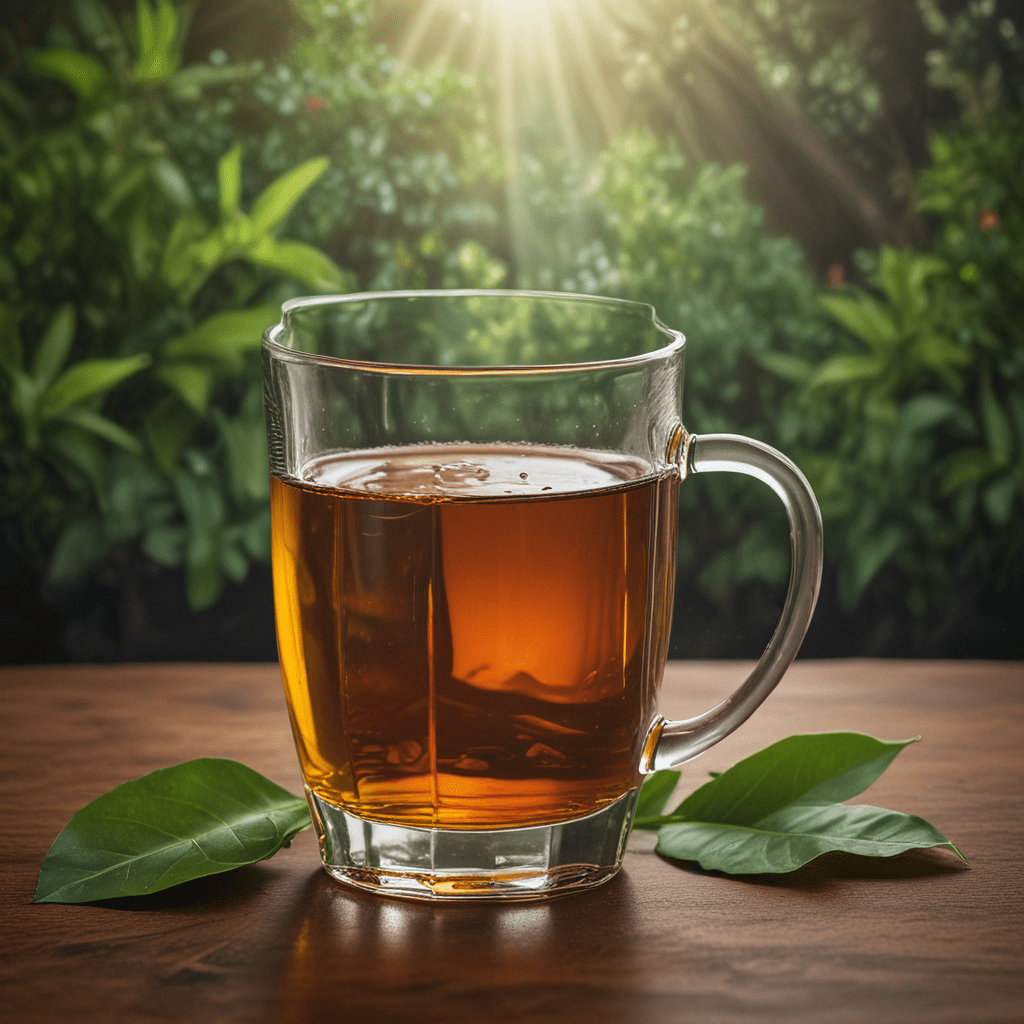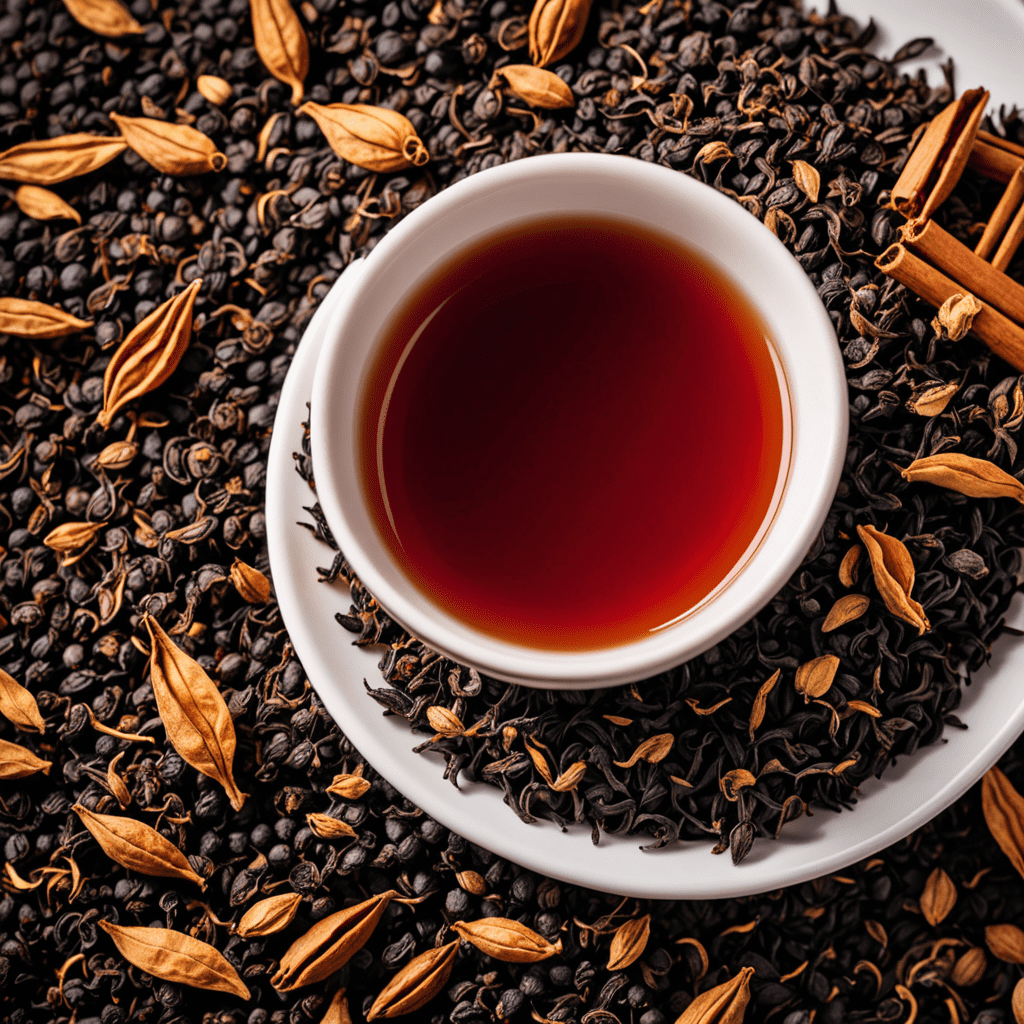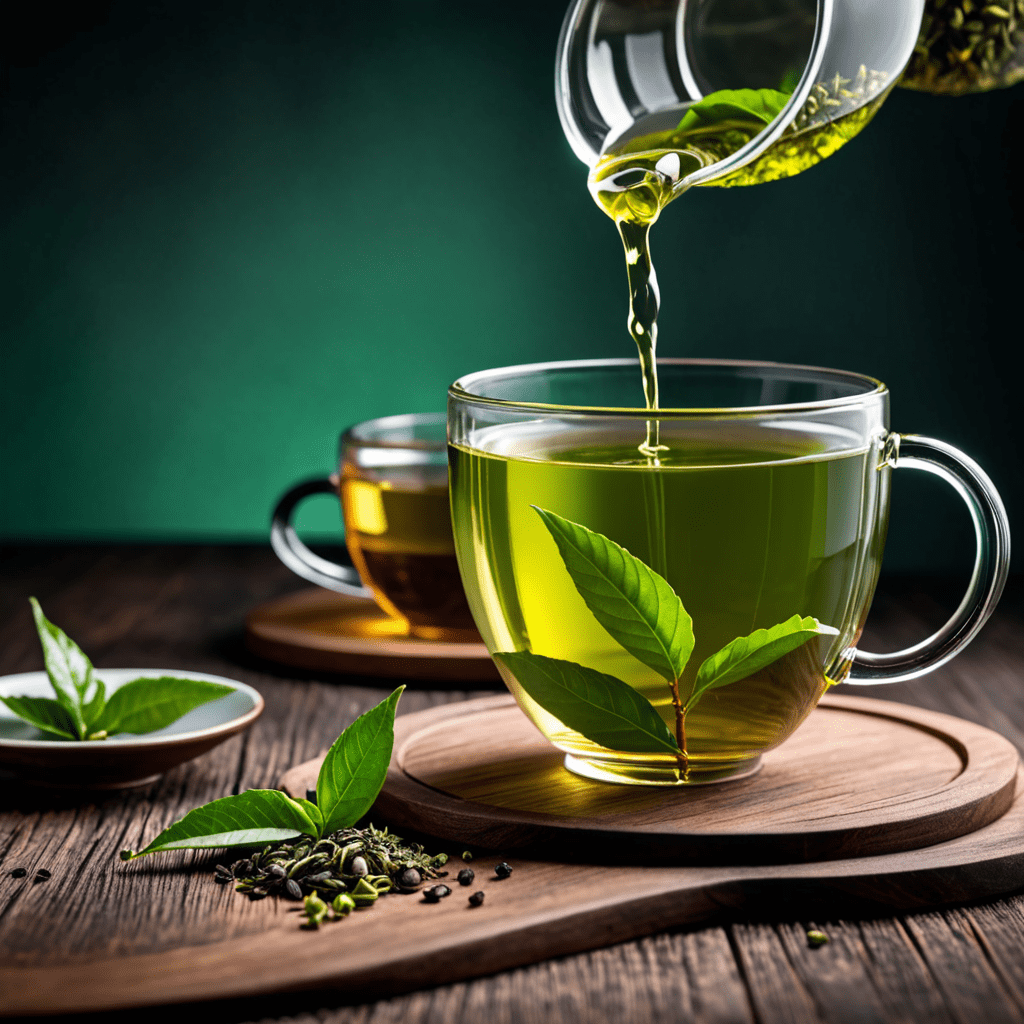
Ceylon Tea: A Cultural Icon of Sri Lanka
Introduction: Ceylon Tea's Significance in Sri Lankan Culture
Ceylon tea is synonymous with Sri Lankan culture, a beverage that has woven its way into the fabric of the nation's history, economy, and social life. As a cultural icon, Ceylon tea represents the country's rich heritage and its enduring connection to the world's tea industry. The distinctive flavor and aroma of Ceylon tea have made it a beloved beverage both locally and globally, contributing to Sri Lanka's reputation as a premier tea producer.
Historical Roots: The Origins of Tea Cultivation in Sri Lanka
The origins of tea cultivation in Sri Lanka can be traced back to the mid-19th century. In 1867, James Taylor, a Scottish planter, introduced tea seeds from Assam, India, to the hill country of Sri Lanka. The fertile soil and favorable climate proved ideal for tea cultivation, and within a few decades, Sri Lanka had established itself as a major tea producer. By the early 20th century, Ceylon tea had gained international recognition for its exceptional quality, solidifying its status as a global commodity.
Economic Impact: Tea as a Vital Industry for Sri Lanka
The tea industry has been central to Sri Lanka's economy for over a century. It is the country's second largest export industry, generating significant foreign exchange earnings. The industry provides employment to millions of people, including farmers, laborers, and other workers involved in the production, processing, and distribution of tea. Tea plantations are a major source of livelihood for communities in the central highlands, where many families have been involved in tea cultivation for generations.
6. Tea Blends and Varieties: Exploring the Diverse Flavors
Ceylon tea encompasses a wide range of tea blends and varieties, each with its distinctive flavor profile. Black tea is the most common type of Ceylon tea, known for its bold, full-bodied flavor and rich aroma. Green tea, on the other hand, offers a lighter, more delicate flavor with a vibrant green hue. White tea, made from the youngest tea leaves, is the most delicate and is highly prized for its subtle sweetness and floral notes.
7. Tea Ceremonies and Rituals: The Social and Cultural Significance
Tea drinking in Sri Lanka is not merely a beverage but a ritual steeped in social and cultural significance. The traditional tea ceremony, known as "kava," involves the elaborate preparation and serving of tea to guests. Kava holds a special place in Sri Lankan hospitality, showcasing the country's warm and welcoming nature. It is a time for socializing, shared stories, and building connections.
8. Health Benefits and Medicinal Uses: Tea as a Source of Well-being
Beyond its taste and cultural appeal, Ceylon tea is also renowned for its health benefits. It is rich in antioxidants, which help protect the body against damage from free radicals. Tea has been linked to improved heart health, reduced inflammation, and enhanced cognitive function. In traditional Ayurvedic medicine, tea is used for its medicinal properties, treating ailments such as indigestion, headaches, and fatigue.
9. Tourism and Sustainability: Promoting Ceylon Tea through Travel
The tea industry has also played a pivotal role in showcasing Sri Lanka's tourism potential. Visitors from around the world flock to the country to experience the beauty of the tea plantations, learn about the tea-making process, and sample the diverse flavors of Ceylon tea. These tea-related experiences contribute to the local economy and highlight Sri Lanka's commitment to sustainable tourism practices.
10. Conclusion: Ceylon Tea's Enduring Legacy as a Cultural Icon
Ceylon tea stands as a symbol of Sri Lanka's rich heritage, economic prosperity, and cultural identity. From its humble origins to its global recognition, it has become an integral part of Sri Lankan society. Whether enjoyed as a refreshing beverage, a source of tradition, or a catalyst for health and well-being, Ceylon tea endures as a timeless cultural icon of Sri Lanka.
Frequently Asked Questions (FAQs)
Q: Is Ceylon tea different from other types of tea?
A: Yes, Ceylon tea is a specific type of tea grown in Sri Lanka, known for its distinct flavor and quality.
Q: What are the benefits of drinking Ceylon tea?
A: Ceylon tea is rich in antioxidants and has been linked to improved heart health, reduced inflammation, and enhanced cognitive function.
Q: How do I prepare the perfect cup of Ceylon tea?
A: Use fresh, cold water and steep your tea leaves for the recommended time, depending on the type of tea. Allow the tea to cool slightly before enjoying.
Q: Where can I find high-quality Ceylon tea?
A: Look for reputable tea dealers who specialize in sourcing authentic Ceylon tea from Sri Lanka.
Q: How does Ceylon tea contribute to Sri Lanka's economy?
A: The tea industry is Sri Lanka's second largest export industry, generating significant foreign exchange earnings and providing employment to millions of people.

